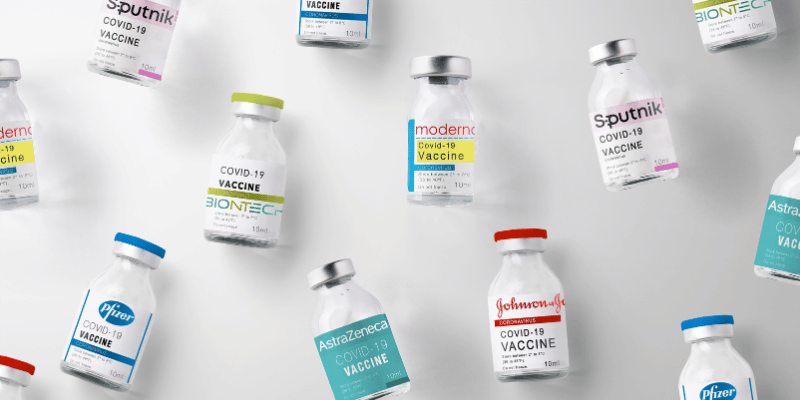
Vaccination is one of the most effective tools available in the fight against preventable diseases and is one of the most significant advancements in public health measures of our time, effectively preventing numerous infectious diseases and saving millions of lives. Yet, vaccine hesitancy has emerged as a significant challenge, undermining vaccination efforts and putting individuals and communities at risk, as evidenced by the recent measles outbreaks we are experiencing.
In today’s world, where information can spread rapidly through various channels, and where misinformation and fear often create barriers to its widespread acceptance, the role of healthcare professionals as advocates for vaccines is more crucial than ever. It’s here that our powerful voice as trusted healthcare professionals becomes paramount, for we are uniquely positioned to be advocates for vaccination in these times of hesitancy.
So why exactly should we be champions of vaccine advocacy?….
Patients often turn to healthcare professionals for guidance and reassurance regarding their health decisions. By advocating for vaccines, we can reinforce trust in the safety and efficacy of immunisation. Our endorsement helps to carry weight and can often alleviate concerns or doubts that patients may have.

Misinformation surrounding vaccines proliferates on social media and other platforms, leading to unfounded fears and misconceptions. Healthcare professionals, armed with scientific knowledge and evidence-based practices, are well-equipped to debunk myths and provide accurate information about vaccines, helping to promote evidence-based decision making. By addressing concerns openly and transparently, we can empower individuals to make informed decisions about their health.
Certain groups, such as infants, the elderly, and individuals with compromised immune systems, rely on herd immunity to safeguard against vaccine-preventable diseases. Healthcare professionals advocating for vaccines not only protect their individual patients but also contribute to the well-being of the broader community by reducing the spread of infectious diseases.
As advocates for health and well-being, healthcare professionals have a responsibility to lead by example. By getting vaccinated ourselves and sharing our experiences, we can demonstrate confidence in the safety and efficacy of vaccines. This visible endorsement reinforces the message that vaccination is a critical component of preventive healthcare.

The COVID-19 pandemic underscored the importance of widespread vaccination in controlling the spread of infectious diseases. Healthcare professionals played a crucial role in vaccine distribution, administration, and education efforts. Our advocacy efforts helped combat vaccine hesitancy, enabling more individuals to access lifesaving vaccines and contributing to the collective effort to end the pandemic.

While it’s important to acknowledge the importance of vaccine advocacy in healthcare professionals, it’s also crucial to address the potential consequences of misinformation and harmful conduct. As healthcare professionals we have a fundamental ethical obligation to uphold public health and promote evidence-based practices. Spreading misinformation about vaccines contradicts this core ethical principle.

Healthcare professionals regulatory organisations have standards and codes of conduct against spreading misinformation or engaging in activities that could harm patients or the public trust. In a recent case, a nurse was removed from the professional register for promoting anti-vaccine views and spreading misinformation about COVID-19. This individual may well have believed that their views were correct and felt compelled to pass them on, but disregarded their obligation to properly check that the sources of the information were evidence-based, and therefore actively undermined trust in the medical profession and potentially exposed vulnerable individuals to unnecessary risks. This serves as a stark reminder of the serious ramifications that can result from promoting harmful and inaccurate information about vaccines within a position of trust.

By embracing our roles as champions for vaccination, as healthcare professionals we can play a pivotal role in building vaccine confidence and improving vaccine uptake and acceptance. Remember, every interaction you have with a patient, every conversation you initiate, and every piece of accurate information you share holds the potential to create a positive impact on that person and helps to protect them and those around them from diseases which are ultimately preventable.
At Health Academy we offer a wide range of Immunisation Training Courses from E-learning, to Virtual to Face-to-Face. Visit our Immunisation Course Page or get in touch with us to find out more.

Giving you written and video content to answer all your questions on primary care education from Phlebotomy to Travel Health.
Subscribe now to be kept updated with our latest posts and insights.
Start typing to search courses, articles, videos, and more.